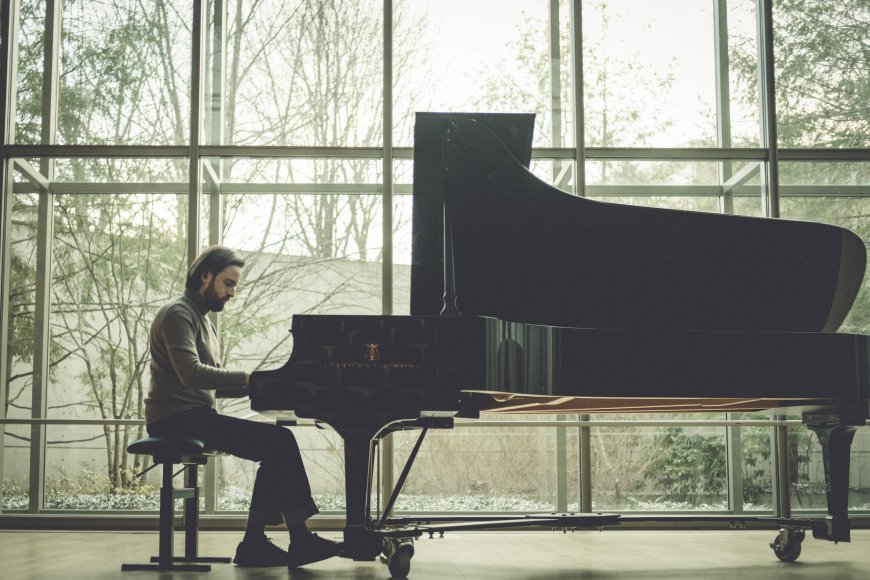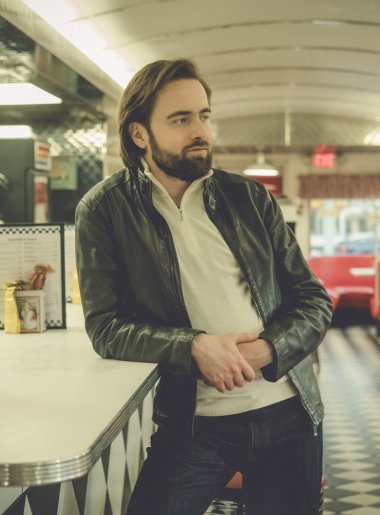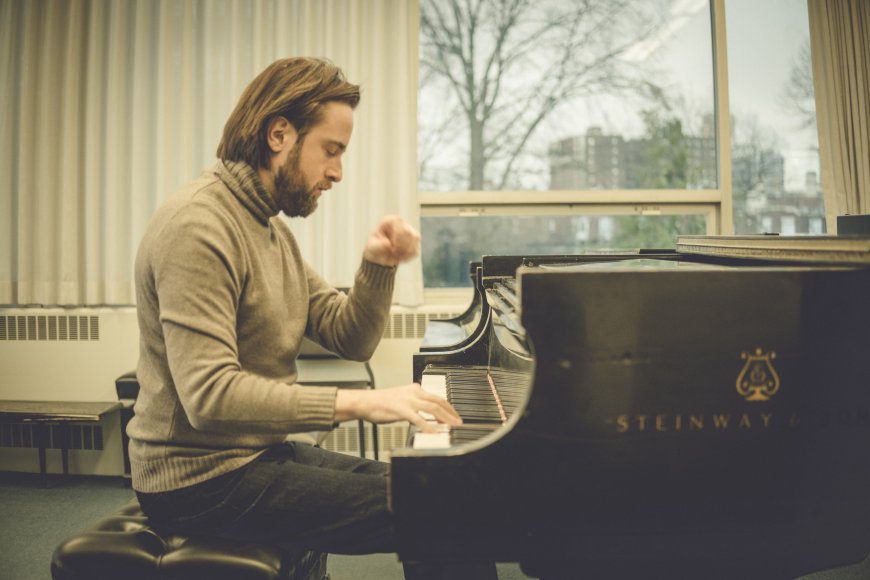
When superstar Russian pianist Daniil Trifonov performed at Davies Symphony Hall in 2023, his recital of music by Rameau, Mendelssohn, Mozart and Beethoven offered a careful study of Baroque and Classical repertoire. But this weekend, the 34-year-old turned the page and unleashed a volcanic fury of 20th century works.
Played to a large crowd at Berkeley’s Zellerbach Hall on Sunday, Sept. 28, the Cal Performances recital featured three composers rooted in Trifonov’s Russian heritage — two of whom, it’s probably safe to say, were not on every listener’s radar.
Sergei Taneyev’s Prelude and Fugue and Nikolai Myaskovsky’s Sonata No. 2 flanked a Prokofiev composition that is itself a cabinet of miniature curiosities. Robert Schumann’s Sonata No. 1 occupied the second half of the program. Trifonov will bring the same program to Santa Barbara on Sept. 30.

After the beguiling, Chopinesque meander of Taneyev’s Prelude, the Fugue took off and never let up. It was a relentless torrent of concussive chords and high-velocity, keyboard-spanning passage work. While any performer would be commended for playing the notes in such a fiendish challenge, Trifonov turned it into mind-spinning art.
Taneyev set a demanding technical bar with this piece — the composer himself was a bravura pianist and soloist in two Tchaikovsky premieres — but Trifonov cleared it with plenty of room and interpretive loft to spare. From the deep bass to the distant treble, Trifonov tracked the interlocking voices of the Fugue to reveal the work’s glittering architecture.
Prokofiev’s Mimoletnosti (Visions Fugitives) came next. Its 20 short pieces range from musing quietude to martial percussiveness and thunderous outbursts. While the composer’s burlesque wit and harmonic thumbprint turned up from time to time, Trifonov seemed more interested in capturing a Prokofiev with his guard down.
Although Mimoletnosti has no discernible narrative, the pianist brought pictorialists like Mompou, Ravel and Scriabin to mind with some wistful phrasing and hazy pedaling. There were wisps of Chopin and a shade of Rachmaninoff’s chord patterns as well. After a journey through finger-busting peaks and placid valleys, the kaleidoscopic Prokofiev work rose to an expansively noble finish, only to travail off in a Lento farewell.
In a pause-free pivot, Trifonov launched directly into Myaskovsky’s Sonata. If the transition from one unfamiliar work to another disoriented listeners, the pianist made the gambit pay off. Plunging directly into this dark, ferocious work invoked a feeling of terror-stricken claustrophobia. Composed as a fantasia on the ancient Dies Irae theme, the ominous motif kept rearing into view, disappearing in a cascading storm of notes then resurfacing in some harmonically leering way.
The piece cast a perseverating spell in Trifonov’s jaw-dropping performance. Bearded, dressed in black and bent low over the keyboard, the pianist seemed all but possessed by the music.
When it was through, he stood up and made a brisk exit, as if haunted by the performance as the audience was.

After intermission Trifonov took on the expansive Schumann Sonata with the same vigor and assertiveness he brought to the Russian works. The results were not as gratifying. The phrasing and dynamic shifts often had a muscular, burly feel to them. A tender Aria was a welcome contrast, but then the pressure dialed up again.
Summoned back to the stage repeatedly, Trifonov opted for charming simplicity in his two encores by Tchaikovsky. The first was Silver Fairy from Sleeping Beauty and the second was Sweet Dreams from the Children’s Album, one winsomely playful and the other a quiescent lullaby.
A new Trifonov Tchaikovsky double album, which includes the children’s works, has an Oct. 3 release date.
This review has been provided in partnership with San Francisco Chronicle.




